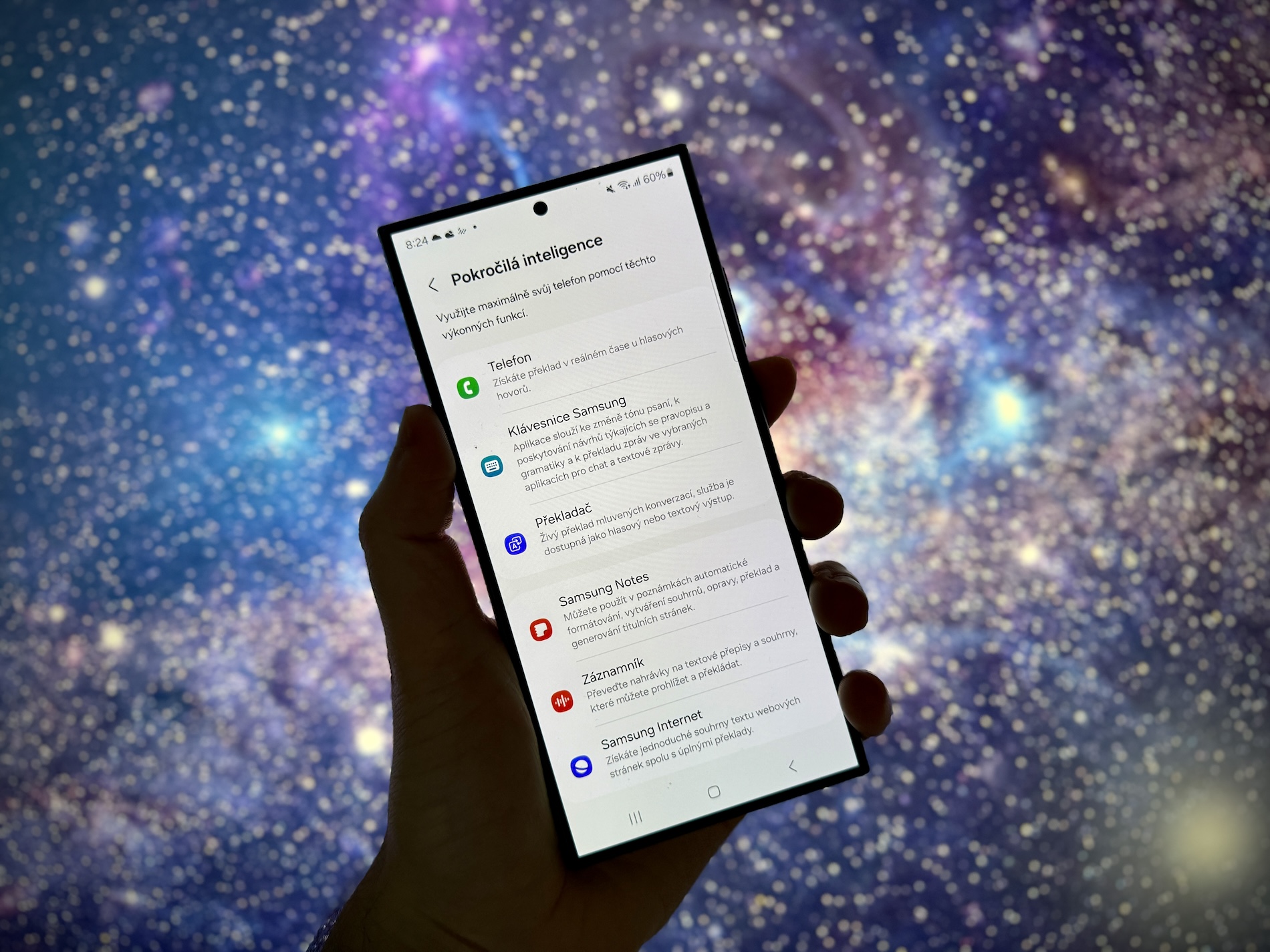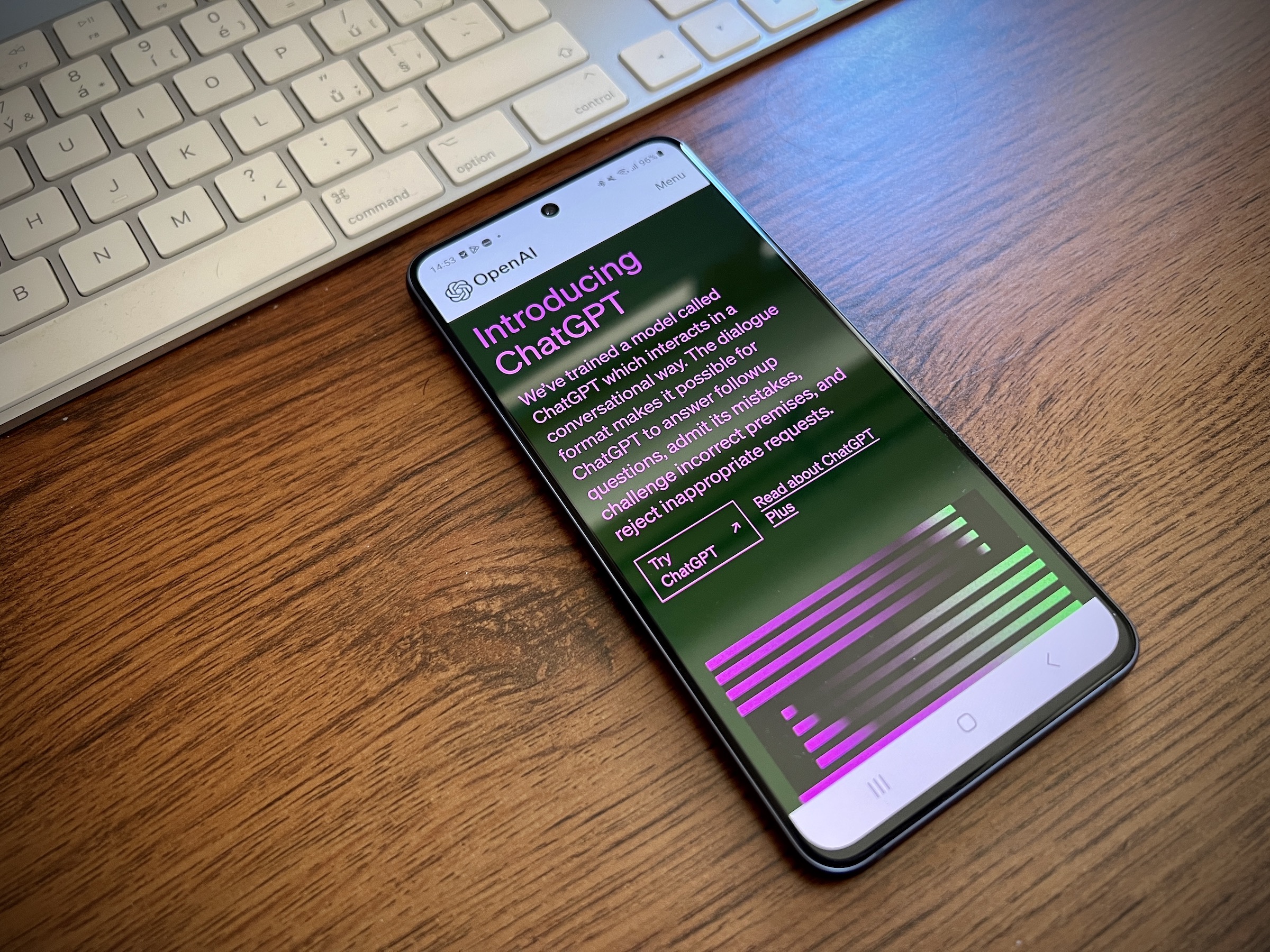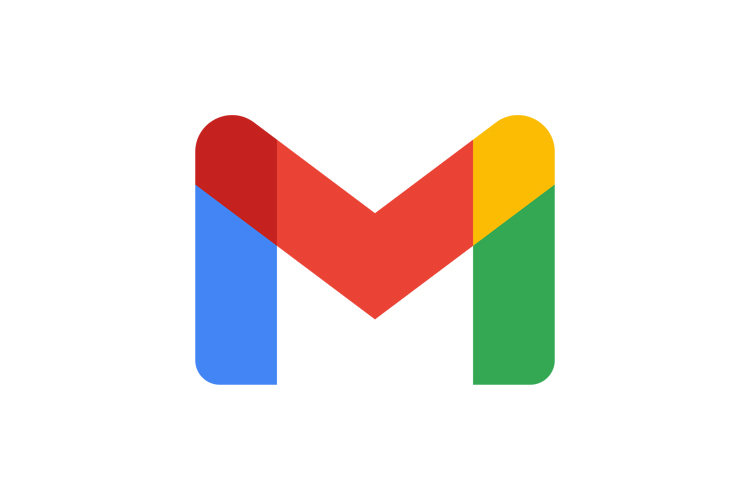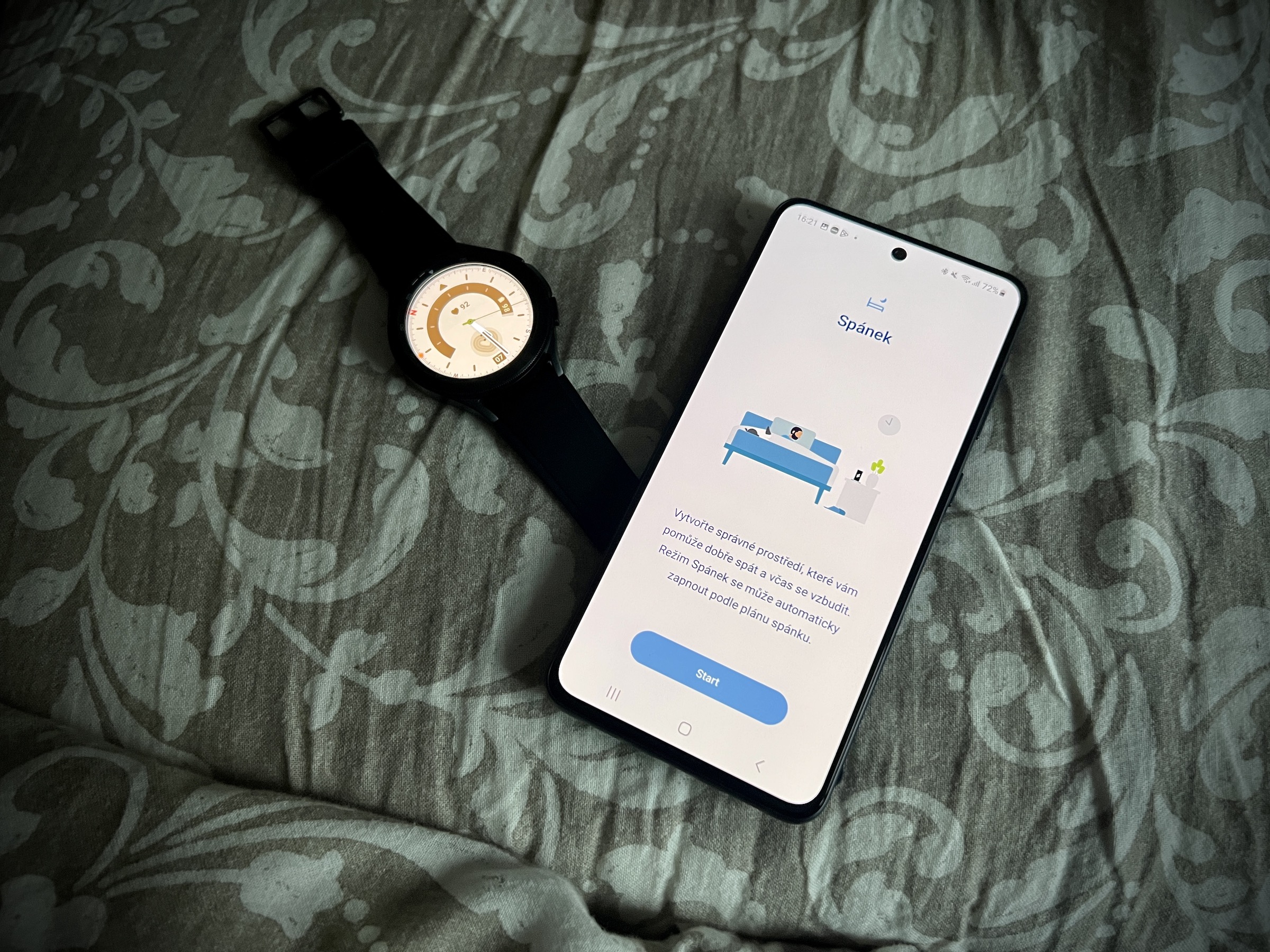We've all experienced it. We wake up in the middle of the night, roll over and reach for our cell phone or tablet for a quick look. And this is exactly what sleep experts advise us not to do: stare at the bluish glow when we should be trying to close our eyes.
Although evidence suggests that technology affects our sleep, need not always be harmful. 21st century technology has brought us some amazing inventions, including those that can improve our nighttime habits. Here are a few ways your device can help you sleep well.
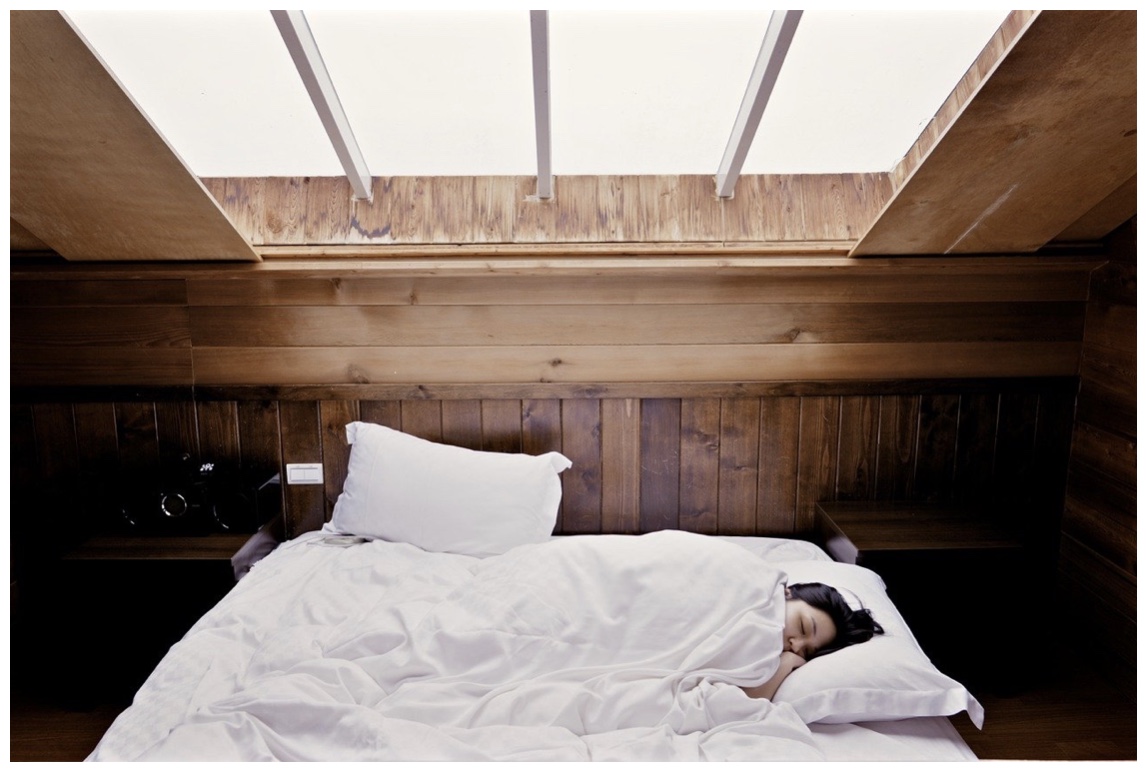
Smart watch
Just a few years ago, if you had told someone that in 2021 you would be able to track your sleep cycles through a watch, they would have looked at you like you were crazy. But that's exactly what devices like Samsung do Galaxy Active 2, specialize.
It collects REM data, heart rate, and even calories burned during sleep and converts it into simple graphs that you can analyze. In addition, they provide you with evaluation of sleep efficiency and advises how to improve it if it is not up to a certain level.
The Active 2 watch is not the only one on the market that can do this. They also have similar functions Apple Watch – offer arguably the best price/performance ratio thanks to a 48-hour battery life and a brand new digital bezel that gives them a super modern and sleek look. If you're one of those people willing to spend a little more on a wearable with health features, then you can't go wrong with Fitbit. It tracks fitness using the latest technology and today it is an integral part of running training, but its sleep-supporting properties are not so well known anymore.
Its latest version, the Charge 4, uses a heart rate sensor to monitor sleep duration and REM cycles. It even detects blood oxygen levels, which can detect conditions such as sleep apnea, one of the major sleep disorders. The device application is very intuitive and allows you to track trends over the course of weeks and months. At the same time, it provides advice on how to improve the "sleep score" if it is lower than desired.
Sleep Cycle app
For people who don't want to splurge on a brand new watch, there's the Sleep Cycle app, which tracks your sleep time for free. It is available for Android i iOS and it uses the phone's microphone and sensors to record your movements at night - it must be next to your pillow.
Just like in the case of Galaxy Active 2 you can get a graph showing your results - albeit in a much simpler form - as well as free integration with Google Fit services or Apple Health. There is also a useful smart alarm clock that will wake you up at the most convenient moment of yours sleep cycle, so you start the day fresh. While it's free, you'll have to pay for more advanced features like snoring detection and sleep support. But for a start, the basic version of the Sleep Cycle application is enough.
Relaxation and sleep to the sounds of nature
Apart from tracking your sleep, the apps also help you fall asleep. Instead of staring at the screen like you do when gaming video games or v casino for mobile phones, you Nature Sounds app for Android advises that you hold the device at arm's length. So sit back, close your eyes and experience six soothing nature sounds from the crystal clear sound of running water to the soft sounds of animals that will make you feel like you're in the middle of the forest.
If you think it can't work, check out scientific evidence to support this. Experts believe that the sounds of nature have a positive effect on the body's "flight or fight" system, relaxing the brain and improving your chances of sleep. For people who live in noisy urban areas, this app could be a godsend.
Withings sleep analyzer
If you don't want to deal with apps or a watch, then the Withings sleep analyzer is something you set up once and then don't have to think about it for a while. It is a pad placed under the mattress that uses motion and sound sensors to record the quality of your sleep. It then sends the data over Wi-Fi directly to your Withings account, where you can view the usual sleep stats, including REM and heart rate.
The pad is popular with people who prefer technology at their fingertips or under a thick mattress. It's unobtrusive to the point where you might forget you even have it, and it's maintenance-free—you can log into your account whenever you want. It's cheaper than many other sleep trackers, making it a favorite among cost-conscious consumers.
Although technology often gets a bad rap for disrupting a peaceful state of mind, it can also help us sleep better. The key to solving poor sleep is finding the cause, and these devices will help you do just that - most importantly, don't fall asleep!
Tip:: Although mobile devices can help you sleep better, don't rely on them alone. Of course, the place where you sleep is important - the bed. The basis is a quality mattress, the right pillow and comfortable bedding.
